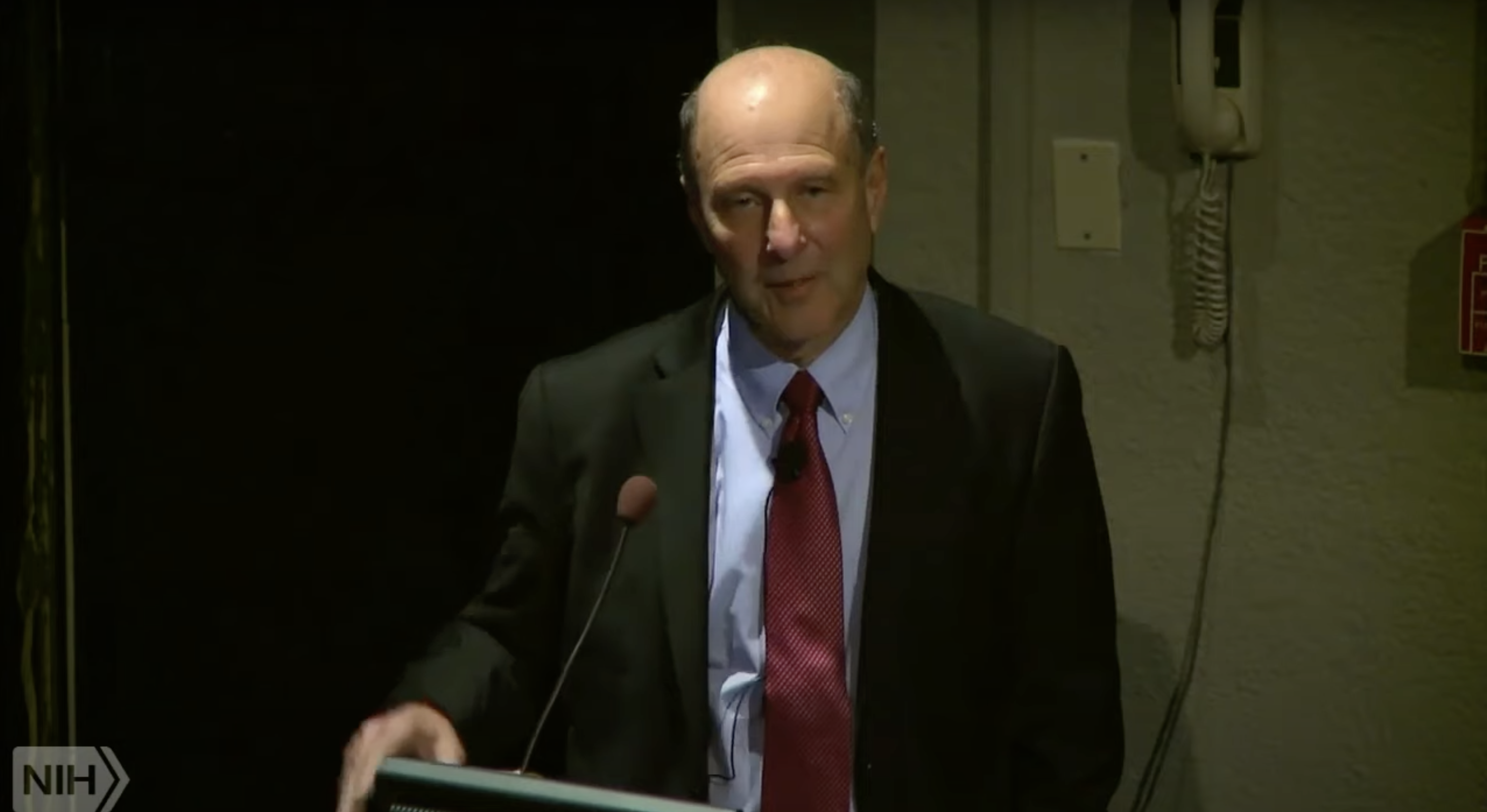
The history of hypnosis dates back thousands of years, with evidence of trance-like states being used in ancient civilizations such as Egypt, Greece, and India. Priests and healers in these cultures employed rhythmic chanting, meditation, and suggestion to induce altered states of consciousness for healing and spiritual purposes. The Greeks, particularly followers of Asclepius, the god of medicine, used sleep temples where individuals would enter a trance state to receive healing visions or guidance.
In the 18th century, Franz Mesmer, an Austrian physician, brought hypnosis into the scientific realm with his theory of "animal magnetism." Mesmer believed that an invisible fluid in the body could be manipulated to cure illnesses, and he used trance-like states to facilitate this process. Though his ideas were later discredited, Mesmer's work laid the foundation for modern hypnosis. His methods evolved into "mesmerism," which influenced later researchers like James Braid, a Scottish surgeon who coined the term "hypnosis" in the 1840s. Braid rejected the mystical explanations of Mesmer and instead proposed that hypnosis was a psychological phenomenon linked to focused attention and suggestion.
In the late 19th and early 20th centuries, figures like Jean-Martin Charcot, Hippolyte Bernheim, and Sigmund Freud explored hypnosis in relation to neurology and psychoanalysis. Charcot used hypnosis to study hysteria, while Bernheim emphasized the power of suggestion. Freud initially used hypnosis in his practice but later shifted to free association, believing it offered deeper insights into the unconscious mind.
The 20th century saw a resurgence of hypnosis in clinical settings, largely due to the work of Milton Erickson MD, an American psychiatrist and Herbert Spiegel MD, an American psychiatrist and psychoanalyst and pioneer in the use of brief clinical methods to assess hypnotizability and teach self-hypnotic strategies to create lasting changes in the lives of patients.
Today, hypnosis is recognized as a legitimate therapeutic tool for treating a host of physical and psychological concerns, continuing its long evolution from ancient ritual to modern evidenced-based clinical practice.